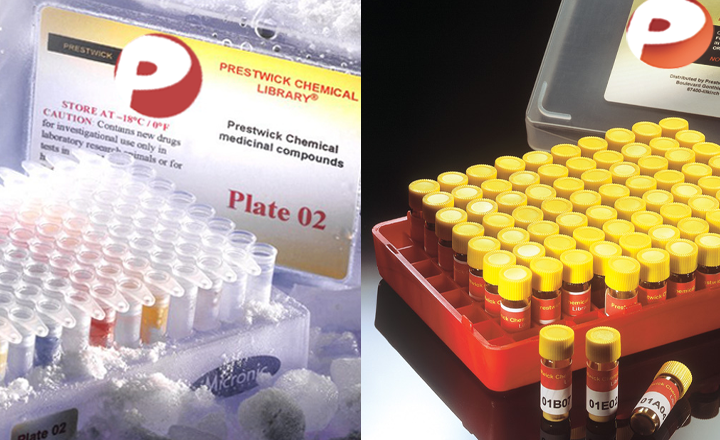Novel Therapeutic Strategies Targeting UCP2 in Uterine Leiomyosarcoma
Nagao, Y.; Yokoi, A.; Yoshida, K.; Sugiyama, M.; Watanabe, E.; Nakamura, K.; Kitagawa, M.; Asano-Inami, E.; Koya, Y.; Yoshihara, M.; Tamauchi, S.; Shimizu, Y.; Ikeda, Y.; Yoshikawa, N.; Kato, T.; Yamamoto, Y.; Kajiyama, H.
Pharmacological Research 189, 106693 (2023)
Uterine leiomyosarcoma (ULMS) is a malignant stromal tumor arising from the myometrium with a poor prognosis and very limited response to current chemotherapy
This study aimed to identify novel targets for ULMS through a three-step screening process using a chemical library consisting of 1271 Food and Drug Administration-approved drugs. First, we evaluated their inhibitory effects on ULMS cells and identified four candidates: proscillaridin A, lanatoside C, floxuridine, and digoxin. Then, we subcutaneously or orthotopically transplanted SK-UT-1 cells into mice to establish mouse models. In vivo analyses showed that proscillaridin A and lanatoside C exerted a superior antitumor effect. The results of mRNA sequencing showed that uncoupling protein 2 (UCP2) was suppressed in the sirtuin signaling pathway, increasing reactive oxygen species (ROS) and inducing cell death. Moreover, the downregulation of UCP2 induced ROS and suppressed ULMS cell growth. Furthermore, analyses using clinical samples showed that UCP2 expression was significantly upregulated in ULMS tissues than in myoma tissues both at the RNA and protein levels. These findings suggested that UCP2 is a potential therapeutic target and can contribute to the development of novel therapeutic strategies in patients with ULMS.


